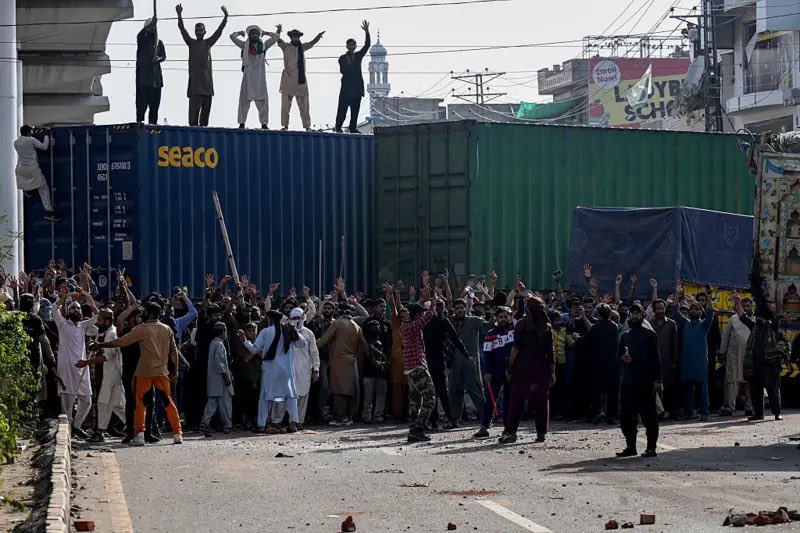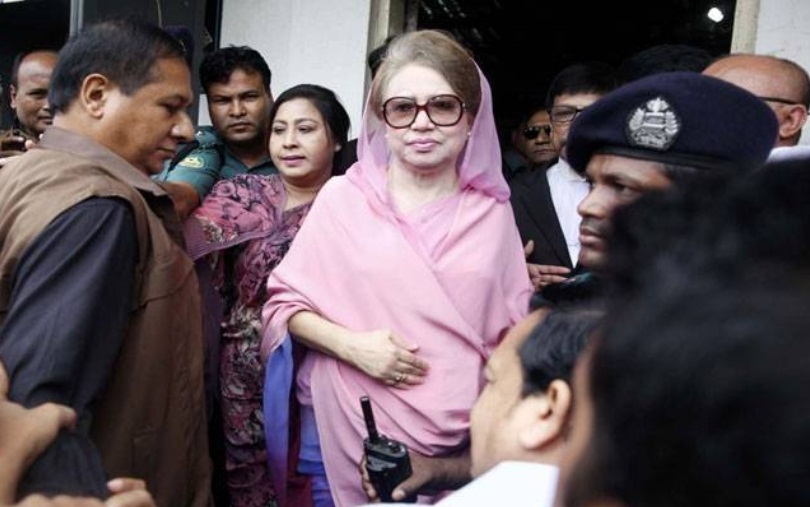Pakistan Faces 21% Water Shortage During Kharif Season as India Blocks River Chenab Flow, Warns IRSA
Pakistan’s Indus River System Authority (IRSA) has warned of a projected 21% water shortage during the ongoing Kharif season, citing a significant drop in inflow from the River Chenab following India’s blockade of water supplies. The alert was issued after a meeting of IRSA’s Advisory Committee (IAC), which approved the anticipated water availability criteria for the remainder of the Kharif season.
During the meeting, serious concerns were raised over the sudden drop of water levels in River Chenab. Participants stated that the reduction of water flow was due to the shortage of supply from India which has been blocked after New Delhi put the Indus Waters Treaty (IWT) in abeyance following the heinous Pahalgam terror attack on April 22 which resulted in the death of 26 innocent civilians.
“If the decline in inflows continues, the shortage will be reassessed,” read a statement issued by IRSA.
The officials who participated in the meeting maintained that there were fears of a projected 21 per cent shortage in early Kharif water availability – a critical period for sowing summer crops including rice, sugarcane and cotton.
The projected shortage of water availability from June to September was estimated to be about at least seven per cent in normal supply conditions. However, with water supply from India disrupted, the shortage is expected to go up to 21 per cent.
“The committee agreed to adopt a conjunctive use strategy for managing water from Tarbela and Mangla reservoirs. The measure aims to ensure that provinces receive their allocated share despite the reduced river flows,” read the IRSA statement.
Water shortage poses a serious threat to Pakistan and its already reeling agriculture sector, which caters to over 38 per cent of the workforce and about 20 per cent of the country’s GDP.
“Prolonged shortages could disrupt crops cycles, reduce yields, and further inflate food prices along with posing serious threats to millions, who bank on these agricultural crops and their income for their livelihoods,” said Israr Khan, an analyst.
Experts have also warned that reduced water supply could have destructive effects, especially during the sowing season.
“The reduced water supply, particularly during sowing months, may have a ripple effect on rural incomes, export earnings, and food security. Cotton output, which is vital for Pakistan’s textile sector – could also be affected majorly if irrigation shortages persist,” highlighted Khan.
Concerns over water shortage were raised after India closed all sluice gates of the Salal and Baglihar hydel power dams in Raesi and Ramban districts on Sunday, without any official or formal notification.













